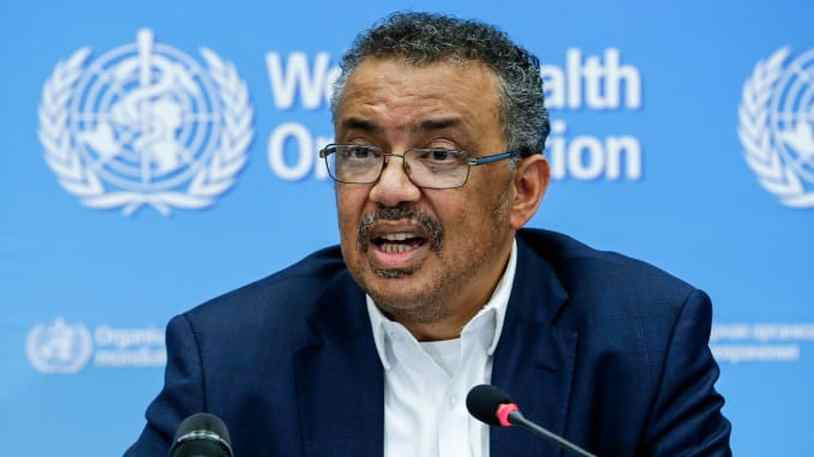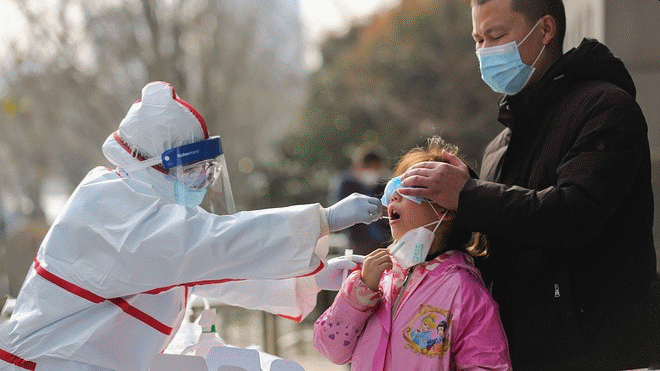WHO is considering ‘airborne precautions’ for healthcare workers after new study shows coronavirus can survive in air

The World Health Organization (WHO) is considering “airborne precautions” for healthcare workers after a new study showed the coronavirus can survive in the air in some settings. Last Thursday, Dr. Kerkhove said at least 62,000 people have recovered from the virus so far.
“As you know this is a virus that’s transmitted through droplets, so these are little pieces of liquid,” Dr. Maria Van Kerkhove, an infectious diseases epidemiologist with WHO, told reporters during a virtual press conference on Monday. “When you do an aerosol-generating procedure like in a medical care facility, you have the possibility to what we call aerosolize these particles, which means they can stay in the air a little bit longer.”
Dr. Kerkhove, added: “it’s very important that healthcare workers take additional precautions when they’re working on patients and doing those procedures.” She said health officials are aware of several studies in a number of countries looking at the different environmental conditions that COVID-19 can persist. “Looking at maybe different humidity or different temperature, UV light and that have looked at different surfaces, such as steel,” she added.




